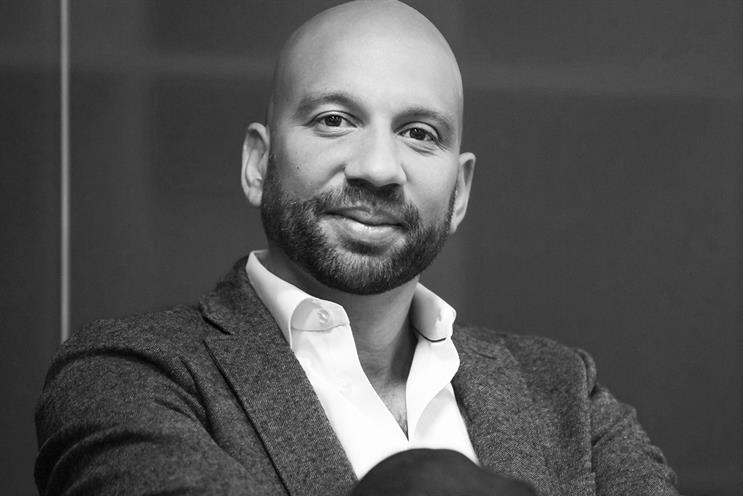I read with interest Omar Oakes’ round-up of 北京赛车pk10’s latest Breakfast Briefing, focusing on the future of agency models. One quote in particular stood out to me. Results International partner Julie Langley commented: "The tricky bit for agencies is adapting the way they work to suit how advertisers want to work with their agencies and adapt in a way that consumers want to engage with brands."
For me, this is absolutely right. Building a model that works for both advertisers and consumers is the holy grail. However, what surprises me about the overall debate is that the industry seems stuck on the term "agency", unable to move on from its limitations and constrictions.
According to the Cambridge Dictionary, the word "agency" is defined as "a business that provides a service to other people or organisations". In a media landscape that demands greater collaboration, transparency and efficiency, it’s hardly surprising that the traditional "agency" model is struggling to survive. The term, like the model itself, is completely outdated.
What today’s marketers want
Our industry is one of constant change. Today’s marketers are looking for greater collaboration and transparency, including ownership of their tech stack. With this comes the need for a new approach and hanging on to an outdated model just isn’t going to cut it.
Media agencies, in particular, have been built on long-established revenue systems with agreed margins and rebates in place. As these ecosystems became ever-more complex, with new layers being added to the mix, they have become increasingly difficult to sustain.
The rise of in-housing is just one symptom of brands craving transparency. They want to know how much is being spent on media and what the margins are. They want to understand what resources they have available to them. They want to own their own data and tech stack, and they want knowledgeable people within their own organisations to ask the right questions about how their campaigns are performing.
Marketers need partners not agencies
This all leans towards a need for partners that can provide a broader industry context, a view of what innovations and tech are available, as well as use cases of what works and why. The role of the traditional "agency" needs to change dramatically to service clients now.
At Jellyfish, we’ve moved on from being part of the new breed of digital agencies to being a digital partner, working with brands in an agency, consultancy, training and technology capacity. Most brands will need their own unique combination of capabilities to fully meet their needs.
Where the future lies
Digital transformation and the move towards greater transparency is shaping business models in our industry.
It’s a good thing because it means there’s nowhere to hide. The problem is that traditional agencies can’t support the move towards in-housing in the long run because it’s too conflicting. They need to evolve or will be in a constant struggle to survive.
Admittedly, change isn’t easy, especially for long-established agencies. But, one way or another, it needs to happen. As an industry that prides itself on creativity, we need to be more creative about industry models and move beyond the "agency".
Rob Pierre is chief executive of Jellyfish


